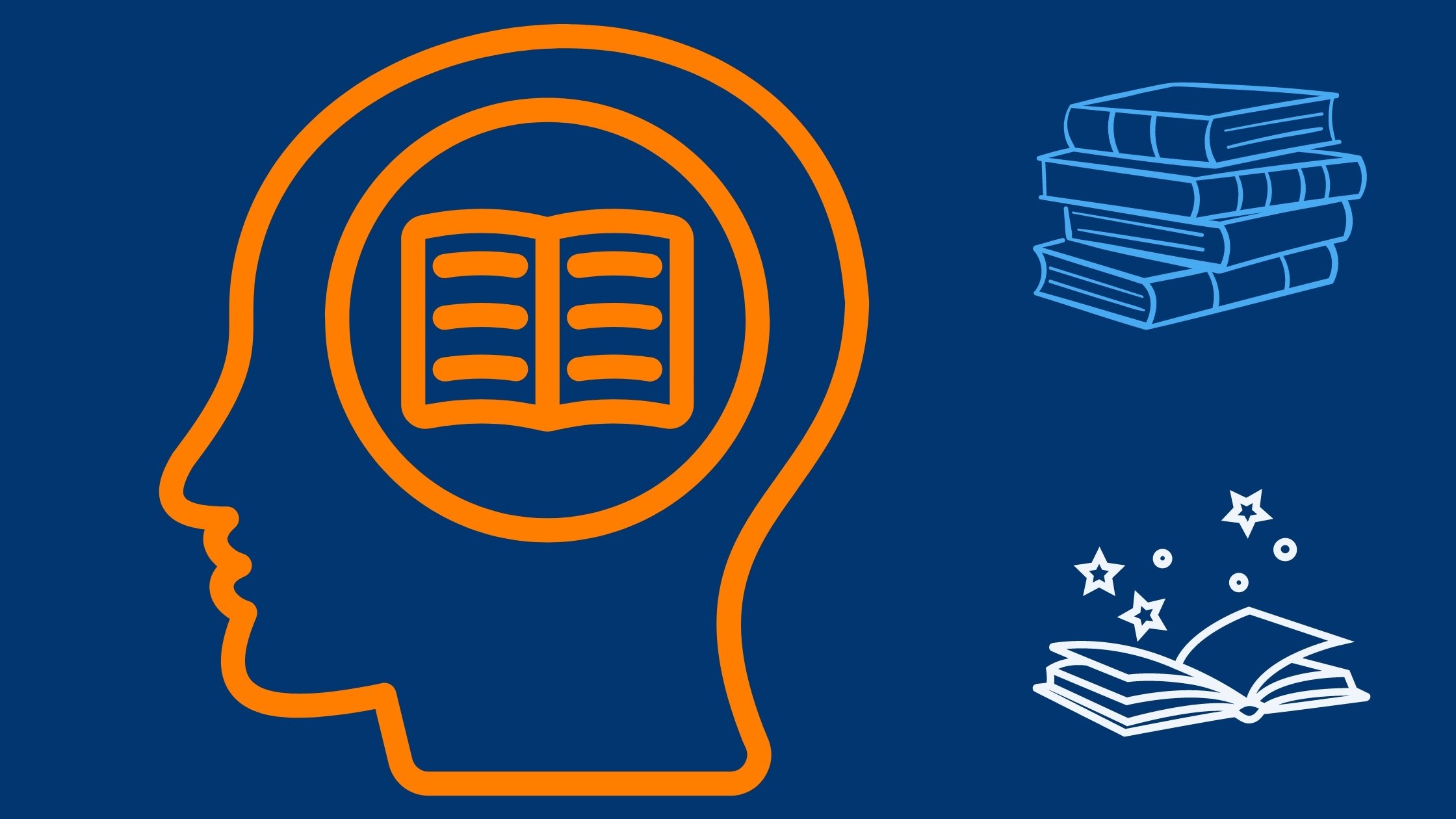We have the power to be completely free within ourselves, regardless of our external circumstances. It isn’t an easy power to wield, but once mastered, it is everything.
Choosing Our Response
In The 7 Habits of Highly Effective People, Covey talks about Viktor Frankl’s experience in the concentration camps in WWII and how choosing our attitude towards anything is “the last of the human freedoms.” Covey further describes Frankl’s experience as “He could decide within himself how all of this was going to affect him. Between what happened to him, or the stimulus, and his response to it, was his freedom or power to choose that response.”
We have the ability to choose our self-awareness, our imagination, our conscience, our independent will. All of these things allow us to live how we like, despite our circumstances.
Lessons from the Stoics
These sentiments come from the Stoics as well.
- Epictetus was enslaved, yet felt that "No man is free who is not master of himself."
- Marcus Aurelius felt imprisoned by his role as emperor but still maintained inner freedom, "You have power over your mind – not outside events. Realize this, and you will find strength."
- Seneca was exiled, yet found peace during his exile, "A man is as miserable as he thinks he is."
The Growth Mindset
Even though all of these examples show an extreme level of external constraints, we all find ourselves with problems that we allow to control our behavior rather than maintaining the control. Covey says that “our behavior is a function of our decisions, not our conditions.” Meaning that the locus of control is within us, not external to us - but so many act in the opposite, riding through life on a wave of bad circumstances and feeling helpless to change anything. But the power to change everything lies within our minds. It is within the words and stories we tell to ourselves. It is within the thoughts and emotions we observe rather than allowing them to take over.
All of this circles back to the theories discussed in Carol Dweck's Mindset. We can either have a fixed mindset in which we believe our “qualities are carved in stone,” or we can choose to have a growth mindset in which we believe that we cultivate our basic qualities through our efforts and strategies.
Steps to Achieve Mental Freedom
Many times, we fall into the trap of learned helplessness and have a difficult time pulling ourselves out of that hole because it can become quite comfy, cozy in there. But by living in an “emotional home” (as Tony Robbins calls it) of learned helplessness, we give up our freedom to someone else to make the decisions for us and run our lives.
So, how do we get freedom in our minds? A few things I have embraced over the years:
- Changing your mindset from fixed to growth is a good start.
- Become what Covey calls a proactive person instead of a reactive person. Proactive people take responsibility for their actions and decisions and understand their behavior is a function of their decisions, not their conditions/circumstances - “I am what I am today because of the choices I made yesterday.”
- Meditating to become more aware of our inner dialogue and emotions, learning how to observe them and let them pass, like watching clouds in the sky or the water in a river pass by.
- Take what Jocko Willink calls “extreme ownership” by taking full responsibility and not placing blame on others or the circumstances.
- Embrace Newt Scamander’s philosophy of “worrying means you suffer twice” and that, as Covey says, “It is our willing permission, our consent to what happens to us, that hurts us far more than what happens to us in the first place.”
Additional Options That May Work For You
- Consider setting aside dedicated time each week for self-reflection through journaling.
- Encourage your team to adopt a similar proactive mindset to improve overall workplace culture and productivity.
- Explore further readings on stoicism and mindset to deepen your understanding of and application of these principles.
Implications for Personal and Professional Life
All of this is deeply personal in nature; however, if you don’t have your own personal shit together, it will ultimately impact your business - whether it be with your staff, your vendors, or your clients. Taking the time to work on yourself will be beneficial not just in your personal life but in your professional life as well. As I said in the beginning, it isn’t an easy task - but it is so worth it.
Ponder This:
- How can adopting a proactive mindset help you navigate challenging situations in your business and personal life?
- What strategies can you implement to develop a stronger sense of inner freedom, regardless of external circumstances?
Books
- The 7 Habits of Highly Effective People - Stephen Covey
- Man’s Search for Ultimate Meaning - Viktor Frankl
- Mindset - Carol Dweck
- Discourses - Epictetus
- Meditations - Marcus Aurelius
- Letters from a Stoic - Seneca
- Extreme Ownership - Jocko Willink


Comments